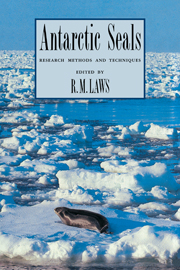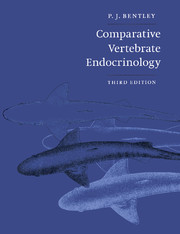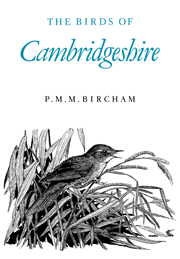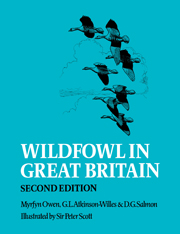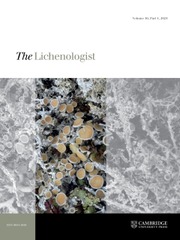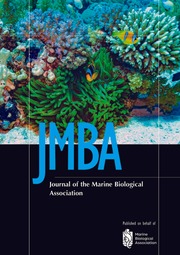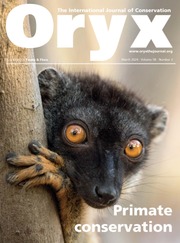Antarctic Seals
This book describes the methods and procedures for field studies of the population ecology of seals in order to gather basic scientific information and to assist in conservation efforts. The papers in this book make specific recommendations for estimating population sizes, for studying their behavior on land and at sea, and for immobilizing, capturing, marking, and, where necessary, humanely killing seals in order to study physiology, diet, bioenergetics, and make age determinations.
Reviews & endorsements
"...clearly written for seal scientists, but a scholar interested in seals or seal research will find the book informative." T.L. Hufford, Choice
"...a handbook of methods and techniques to be used as a guide in the study of antarctic seals..this comprehensive volume will serve as a valuable reference not only for those studying seals in the Antarctic, but also worldwide...I found the volume very well edited...the line drawings, figures, and tables were clear and informative... I like this book, not only because it brings together a wide range of topics and contains a wealth of information relating to the methods and techniques involved in seal research, but also because it identifies research needs and areas where technology needs to be developed. The SCAR Group of Specialists on Seals, Dr. Laws, and all the authors should share a sense of great satisfaction in the production of this volume. It will be of primary interest to all those who study seals whether they are professional biologists or students." Marine Mammal Science
Product details
June 2009Paperback
9780521111768
416 pages
229 × 152 × 23 mm
0.61kg
68 b/w illus. 26 tables
Available
Table of Contents
- Preface D. B. Siniff
- Introduction R. M. Laws
- 1. Identification of species R. M. Laws
- 2. Estimation of population sizes A. W. Erickson, D. B. Siniff and A. J. Harwood
- 3. Immobilization and capture A. W. Erickson and M. N. Bester
- 4. Marking techniques and programmes A. W. Erickson, M. N. Bester and R. M. Laws
- 5. Telemetry and electronic technology J. L. Bengtson
- 6. Behaviour I. Stirling, R. L. Gentry and T. S. McCann
- 7. Killing methods W. N. Bonner
- 8. Morphometrics, specimen collection and preservation W. N. Bonner and R. M. Laws
- 9. Genetic based studies for stock separation P. D. Shaughnessy, R. J. Hofman, T. E. Dowling and W. M. Brown
- 10. Collection of material for determination of organochlorine and heavy metal levels P. D. Shaughnessy
- 11. Age determination T. S. McCann
- 12. Reproduction R. M. Laws and A. A. Sinha
- 13. Diet J. P. Croxall
- 14. Bioenergetics S. S. Anderson, D. Costa and M. A. Fedak
- 15. Development of technology and research needs R. M. Laws
- 16. Appendices
- Index.

